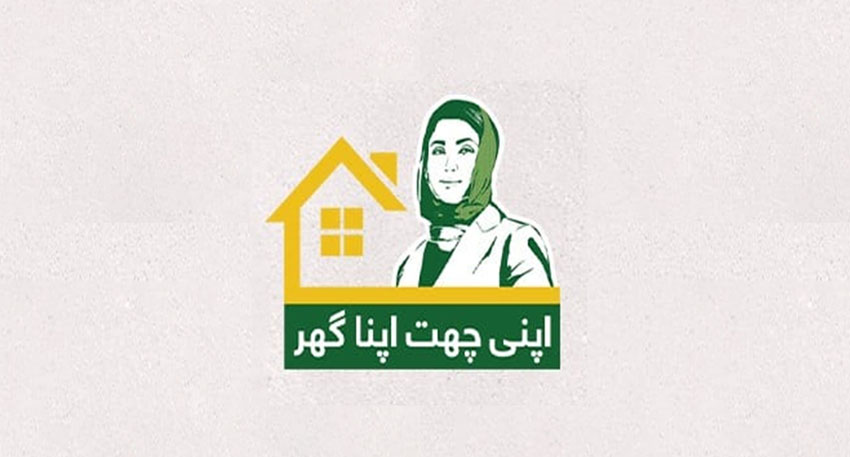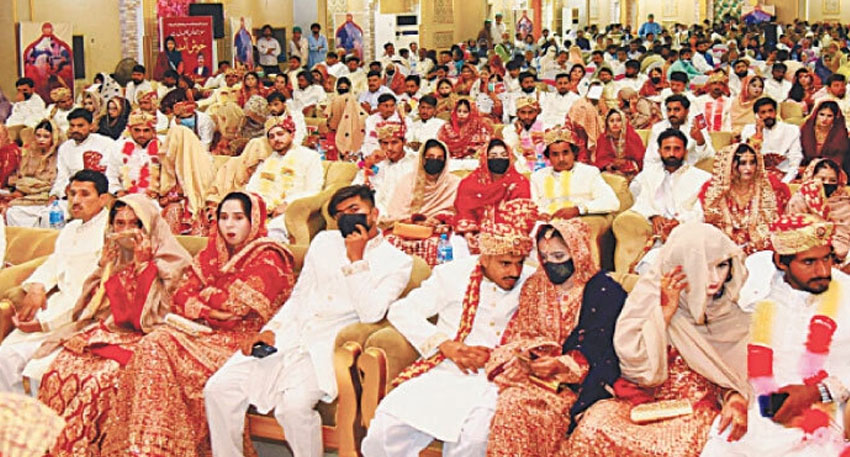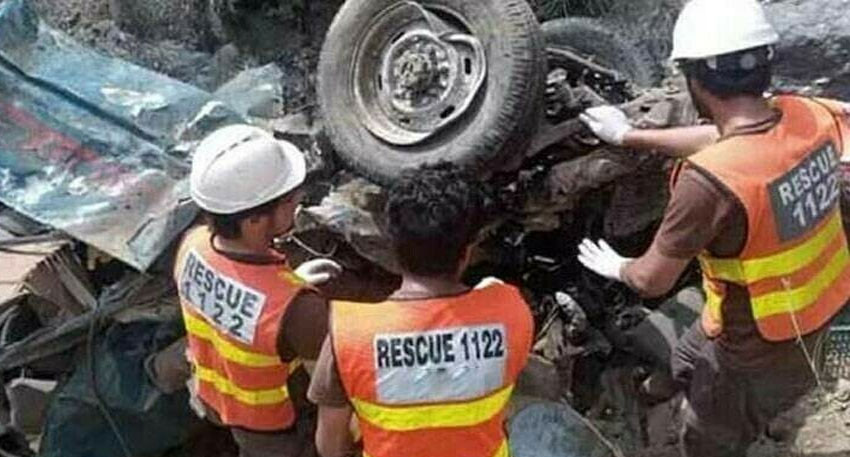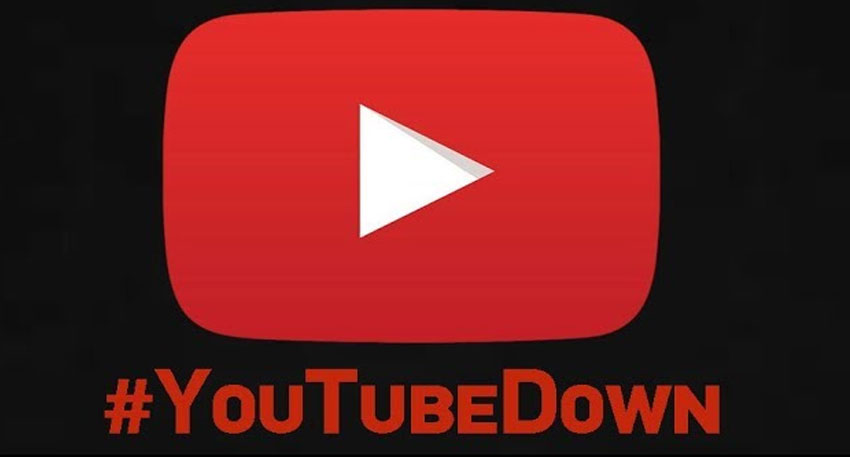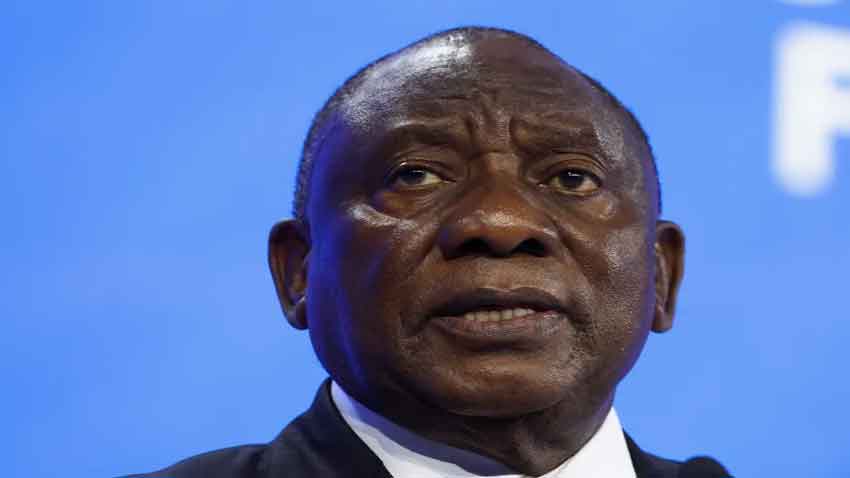
Speaking in parliament, President Ramaphosa said South Africa remains committed to pursuing the case filed in 2023, even after the recently announced US-backed peace deal aimed at ending Israel’s war on the Gaza Strip.
He emphasized that while the ceasefire is a welcome step toward ending the humanitarian crisis, it does not change the need for accountability for alleged war crimes and civilian deaths. “Our stance has always been clear — peace cannot erase the demand for justice,” Ramaphosa said.
South Africa’s legal move against Israel accuses it of violating the Genocide Convention during military operations in Gaza. The case has drawn global attention and divided world leaders, with several nations praising Pretoria’s moral stance while others see it as politically motivated.
President Ramaphosa’s statement signals that South Africa views the Gaza issue as more than just a war — it’s a test of international justice. Even with the ceasefire in place, the continuation of the ICJ case shows Pretoria’s intent to hold Israel accountable. The move could reignite global debate over war crimes, humanitarian law, and the role of international courts in enforcing peace.
“The peace deal that has been struck, which we welcome, will have no bearing on the case that is before the International Court of Justice,” Ramaphosa told parliament.
“The case is proceeding, and it now has to go to the stage where Israel has to respond to our pleadings that have been filed in the court, and they have to do so by January of next year,” he added.
Read more: Gaza peace outlook darkens as Israel halts aid and Hamas tightens grip
South Africa filed the case in December 2023, accusing Israel of genocidal acts in Gaza, as Al Jazeera reported.
South Africa handed in a 500-page detailed submission in October 2024, with Israel’s counter-arguments due by January 12, 2026. Oral hearings are anticipated in 2027, with a final judgement expected in late 2027 or early 2028.
The ICJ has issued three provisional measures, ordering Israel to prevent genocidal acts and allow humanitarian aid into Gaza, though Israel has largely failed to comply.
More than 67,000 Palestinians have been killed in Gaza since October 2023, according to Palestinian health authorities.
Ramaphosa emphasised that real healing requires the case being properly heard.
“We cannot go forward without the healing that needs to take place, which will also result from the case that has been launched being properly heard,” he said.
Responding to a news report about the announcement, Francesca Albanese, the United Nations special rapporteur on the occupied Palestinian territory, wrote on X: “Peace without justice, respect for human rights and dignity, without reparations and guarantees of non reeptition [sic], is not sustainable.”
Spanish Prime Minister Pedro Sanchez, who has been a vocal critic of Israel, echoed similar sentiments, telling Spanish radio that the ceasefire should not mean impunity for Israel.
“There cannot be impunity”, Sanchez said, adding that “the main actors of the genocide will have to answer to justice”.
Several rights groups, including Amnesty International and Human Rights Watch, have accused Israel of committing genocidal acts in Gaza. A UN commission of inquiry found in September 2025 that Israel had committed genocide.
Israel has strongly rejected allegations that it has carried out a genocide in Gaza.
Several countries have joined, or declared an intention to do so, in the ICJ case to support South Africa, including Spain, Ireland, Turkiye and Colombia, whose president, Gustavo Petro, wrote that governments risk becoming “complicit in the atrocities” if they fail to act.
South Africa co-chairs The Hague Group, a coalition formed in January 2025, focused on holding Israel accountable through legal, diplomatic and economic measures beyond the ICJ proceedings.
